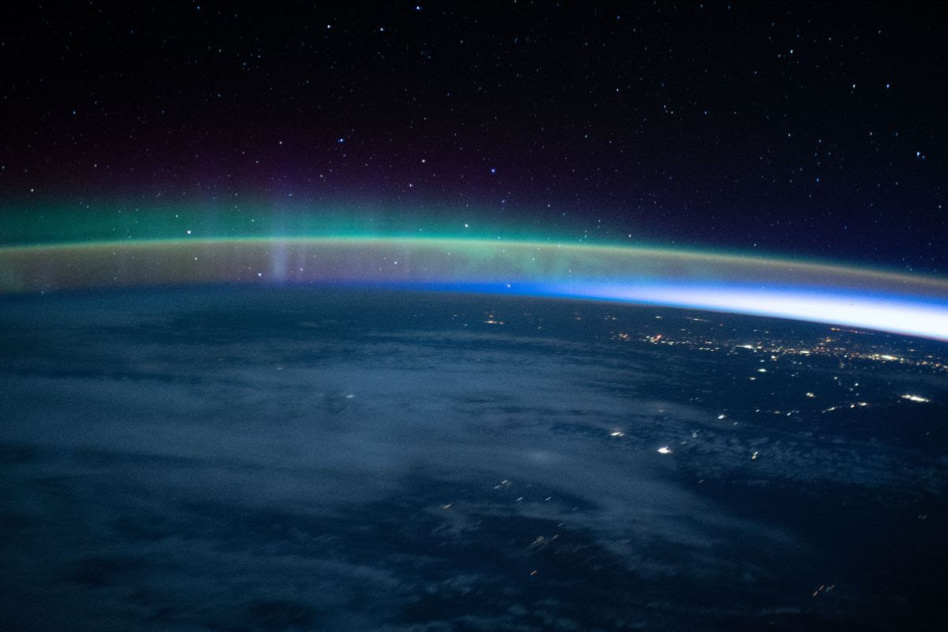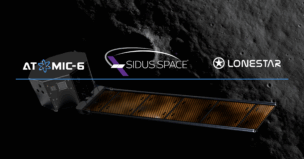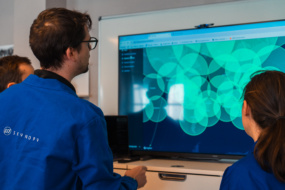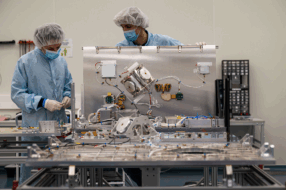This week, Hydrosat closed a $10M seed round led by OTB Ventures. The geospatial imagery and analytics startup is using those funds to finance its first infrared imaging satellite (among other things—more on that later).
Hydrosat has their sights set on water stress. After a year of worsening climate catastrophes, the case for high-quality water data is clearer than ever. And just considering COP26 and the US infrastructure bill, the appetite for this data is growing by the day.
“When a field is under water stress, its temperature will increase weeks to months in advance of the color changing,” Hydrosat CEO Pieter Fossel told Payload. “Thermal infrared data gives you an early warning.”
- This data is especially well-suited for the agricultural and forestry sectors. Many government agencies and commercial clients also have a vested interest in tracking crop health.
The product: An API that allows users to search through current and historical infrared satellite data. An analytics dashboard sits on top with more actionable insights. Hydrosat’s data comes from public sources: NASA and ESA satellites equipped with infrared sensors.
Hydrosat has already landed government contracts with ESA, the US Air Force, and the DoD. According to Fossel, HydroSat plans to roll out a commercial data product over the next year.
The problem: Sensors generating public data “are either very, very low resolution, or they’re very, very low revisit,” Fossel said. What’s an analytics company to do?
- Hydrosat has partnered with ABB to develop an infrared, higher-res sensor that will continually image the Earth’s surface. More satellites + more frequent imaging = better data.
What’s next? Hiring and scaling. Hydrosat’s seed round funded the first of 16 total planned imaging satellites. The constellation will eventually offer customers constant, crystal-clear thermal data. The first of Hydrosat’s proprietary satellites, VanZyl-1, is currently being built, with a launch planned for 2022 in partnership with Loft Orbital.
According to Fossel, the full 16-satellite constellation is expected to be operational within three years. At that scale, Hydrosat can provide continuous global data, which is vital for customers training machine learning and change detection models.




